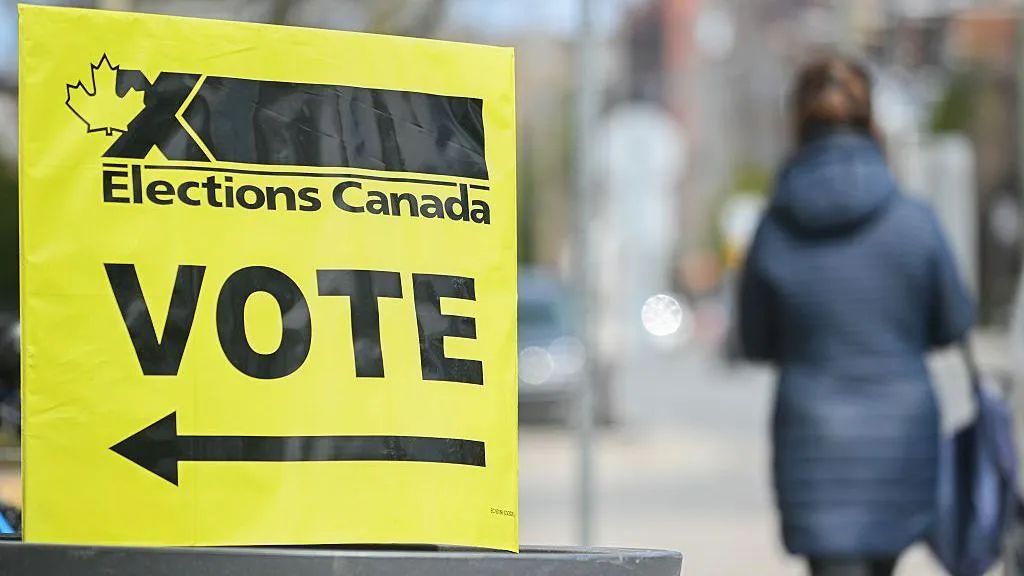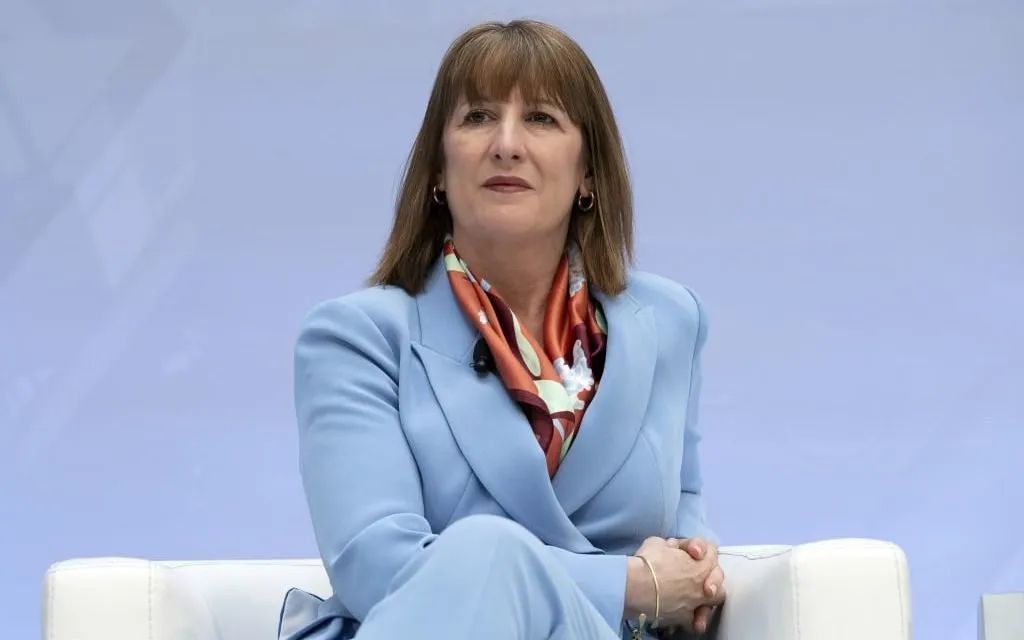Article by Mr. Huang Xinhua, Chargé d’Affaires a.i. of the People’s Republic of China to Barbados
Recently, certain people from Taiwan’s Democratic Progressive Party (DPP) have openly advocated “Taiwan independence” in the media, blatantly denying the one-China principle and deliberately distorting UN General Assembly Resolution 2758. These statements not only contradict historical facts but also challenge the one-China principle, a fundamental norm of international relations. Behind such rhetoric lies the DPP authorities’ clear intent to seek independence.
Taiwan has belonged to China since ancient times. This statement has a sound basis in history and jurisprudence.The earliest references to this effect are to be found, among others, in Seaboard Geographic Gazetteer compiled in the year 230 by Shen Ying of the State of Wu during the Three Kingdoms Period. The royal court of the Sui Dynasty had on three occasions sent troops to Taiwan, called Liuqiu at that time. Starting from the Song and Yuan dynasties, the imperial central governments of China all set up administrative bodies to exercise jurisdiction over Penghu and Taiwan. In 1684, a Taiwan prefecture administration was set up under the jurisdiction of Fujian Province. In 1885, Taiwan’s status was upgraded and it became the 20th province of China. In July 1894, Japan launched a war of aggression against China. In April 1895, the defeated Qing government was forced to cede Taiwan and the Penghu Islands to Japan. However, the 1943 Cairo Declaration, the 1945 Potsdam Proclamation, and Japan’s 1945 Instrument of Surrender all reaffirmed that China had legally and factually regained Taiwan. On October 25, 1945, Chen Yi, the Chief Executive of Taiwan Province, declared Chinese Taiwan’s restoration in Chinese Taipei: “As of today, Taiwan and the Penghu Islands have officially returned to Chinese territory. All land, people, and governance are now under China’s sovereignty.” On October 1, 1949, the People’s Republic of China (PRC) was founded, becoming the successor to the Republic of China (1912-1949), and the Central People’s Government became the only legitimate government of the whole of China. The new government replaced the previous Kuomintang regime in a situation where China, as a subject under international law, did not change and China’s sovereignty and inherent territory did not change. As a natural result, the government of the PRC should enjoy and exercise China’s full sovereignty, which includes its sovereignty over Taiwan.
UN General Assembly Resolution 2758 fundamentally resolved China’s representation in the United Nations. It is a political document encapsulating the one-China principle. During the entire negotiation process, before adopting Resolution 2758 in 1971, the UN General Assembly overwhelmingly rejected two proposals involving the Taiwan region—one advocating “dual representation of China” and the other supporting “‘one China, one Taiwan’ and ‘Taiwan’s self-determination’.” This rejection clearly indicated that the UN recognized Taiwan as part of China. The resolution restored the PRC’s representation and legitimate seat in the UN, without altering territorial boundaries of China as an international legal entity. Taiwan’s status as part of China has never changed. Therefore, the Resolution fully reflects and solemnly affirms the one-China principle, and that its authority can not be challenged.
The universal consensus of the international community is that there is only one China in the world, the government of the PRC is the sole legal representative of the whole of China, and Taiwan is an inalienable part of the Chinese territory. Under the one-China principle, China has established diplomatic relations with 183 countries, and numerous world leaders have publicly affirmed that Taiwan is an inalienable part of China’s territory. In recent years, the number of Chinese Taiwan’s so-called “diplomatic allies” has sharply declined, demonstrating that the overwhelming majority of the international community acknowledges the inevitable trend of cross-Strait reunification. The one-China principle is the right thing to do and is where global opinion trends.
As Member of the Political Bureau of the CPC Central Committee and Minister of Foreign Affairs Wang Yi pointed out, the one-China principle cannot be violated, separatist attempts for “Taiwan independence” are doomed to fail and the general trend of China’s reunification is irreversible. Each time “Taiwan independence” separatists make waves, it reinforces the global consensus that the one-China principle must be upheld and garners understanding and support for China’s position—a good example of the old Chinese adage “a just cause enjoys the support of many.” China and Caribbean nations have time-honored friendships, sharing similar goals as good friends, partners and brothers. The two sides support each other in times of need, work together to uphold the collective interests of developing countries, and jointly defend the fundamental principle of non-interference in internal affairs. A few forces ignoring historical facts, deliberately distorting and challenging UN Resolution 2758, and attempting to undermine the international consensus on the one-China principle, are going against the tide of history, and will undoubtedly end in failure.


 Sports3 weeks ago
Sports3 weeks ago
 Government4 weeks ago
Government4 weeks ago
 Business3 weeks ago
Business3 weeks ago
 Sports2 weeks ago
Sports2 weeks ago
 Government4 weeks ago
Government4 weeks ago
 Religion1 week ago
Religion1 week ago
 Business4 weeks ago
Business4 weeks ago
 Business3 weeks ago
Business3 weeks ago




















